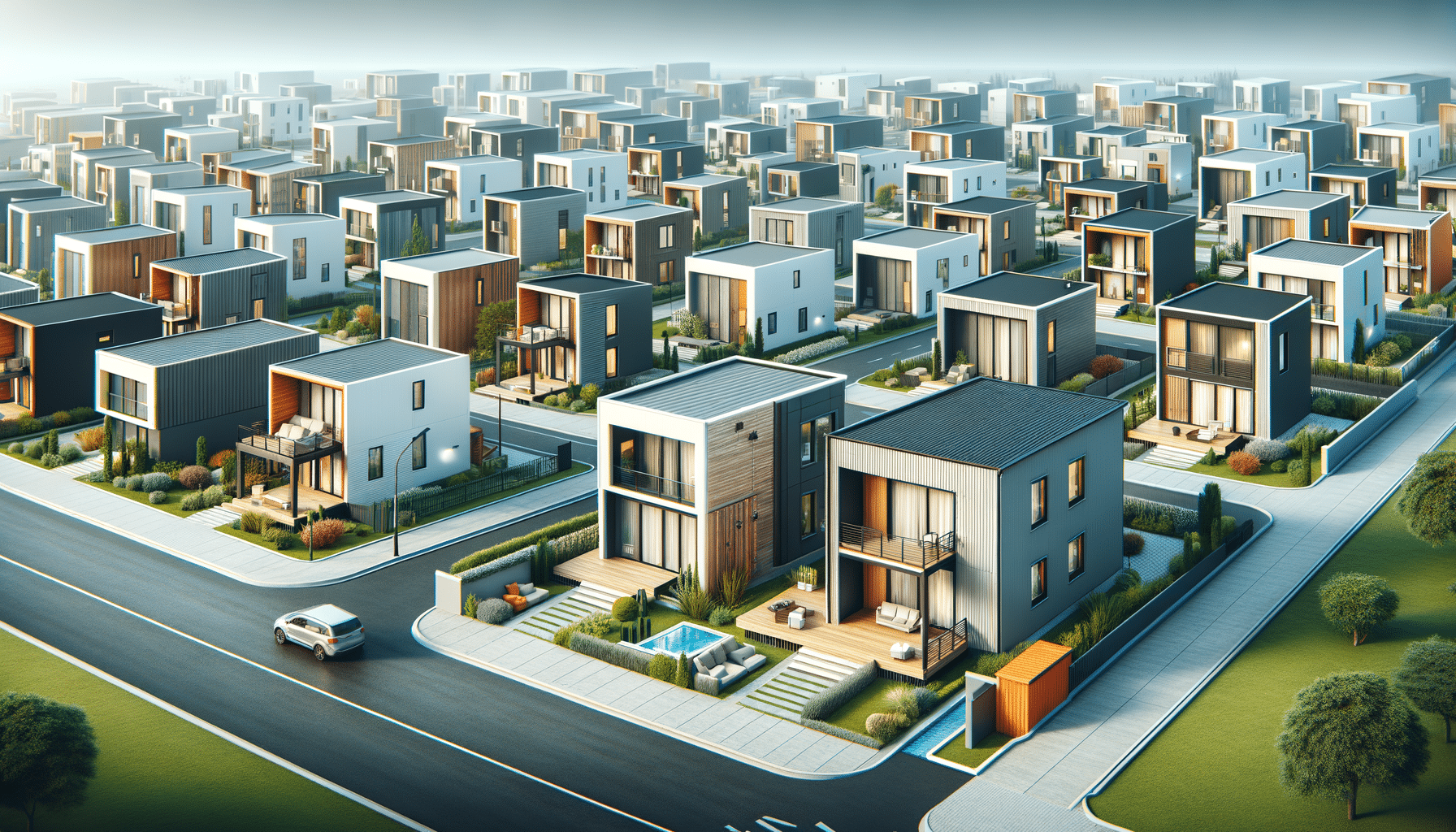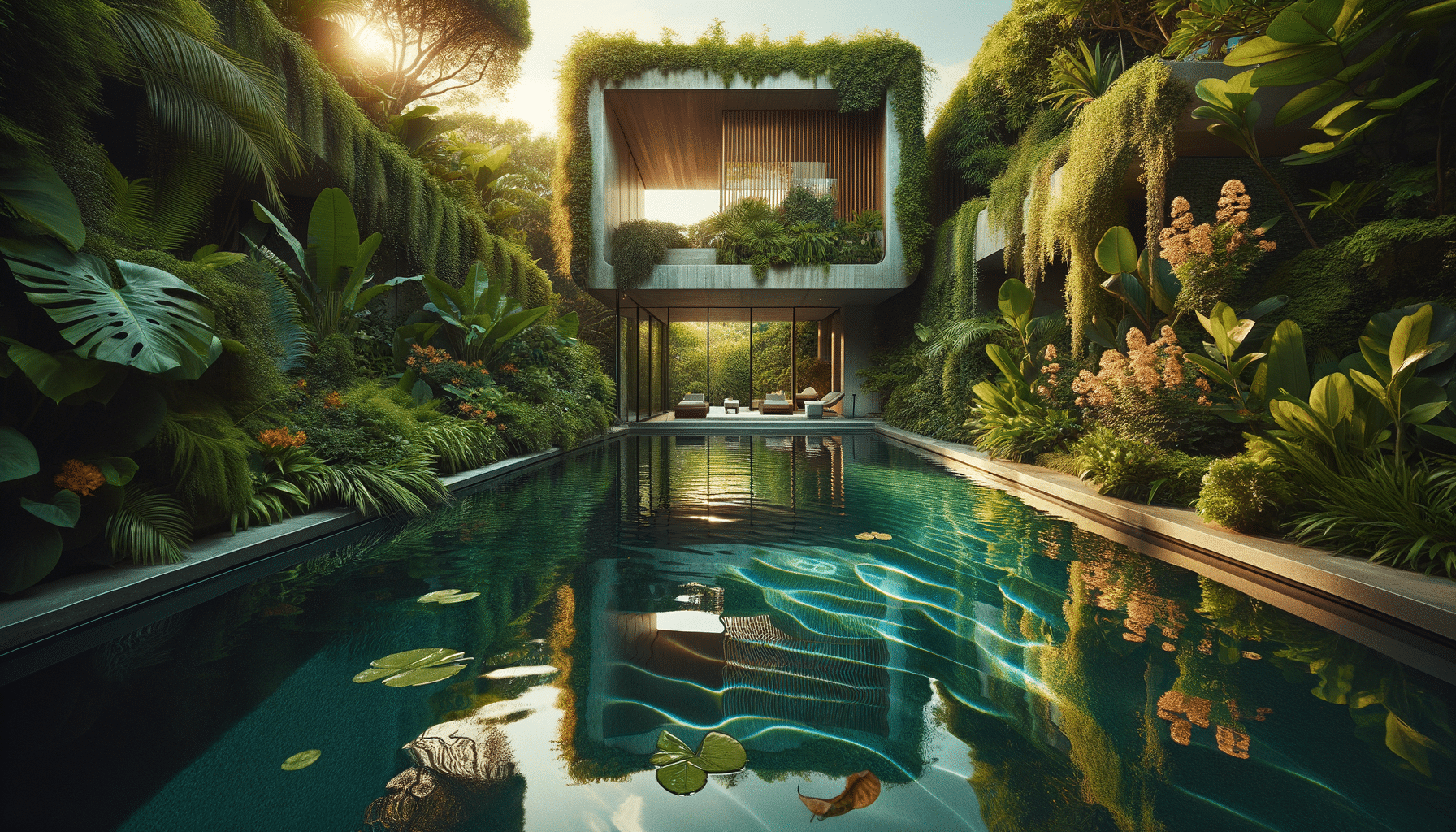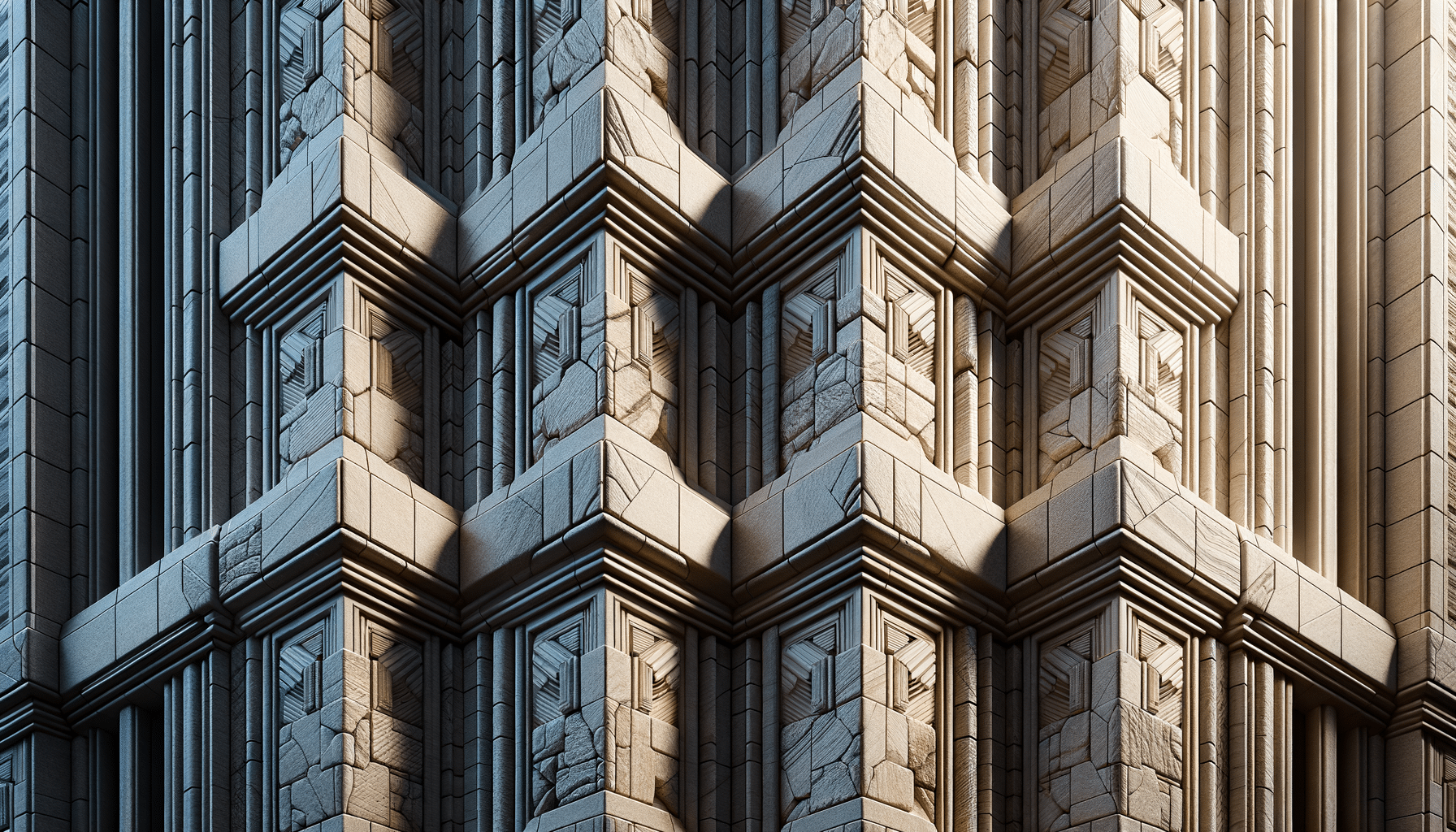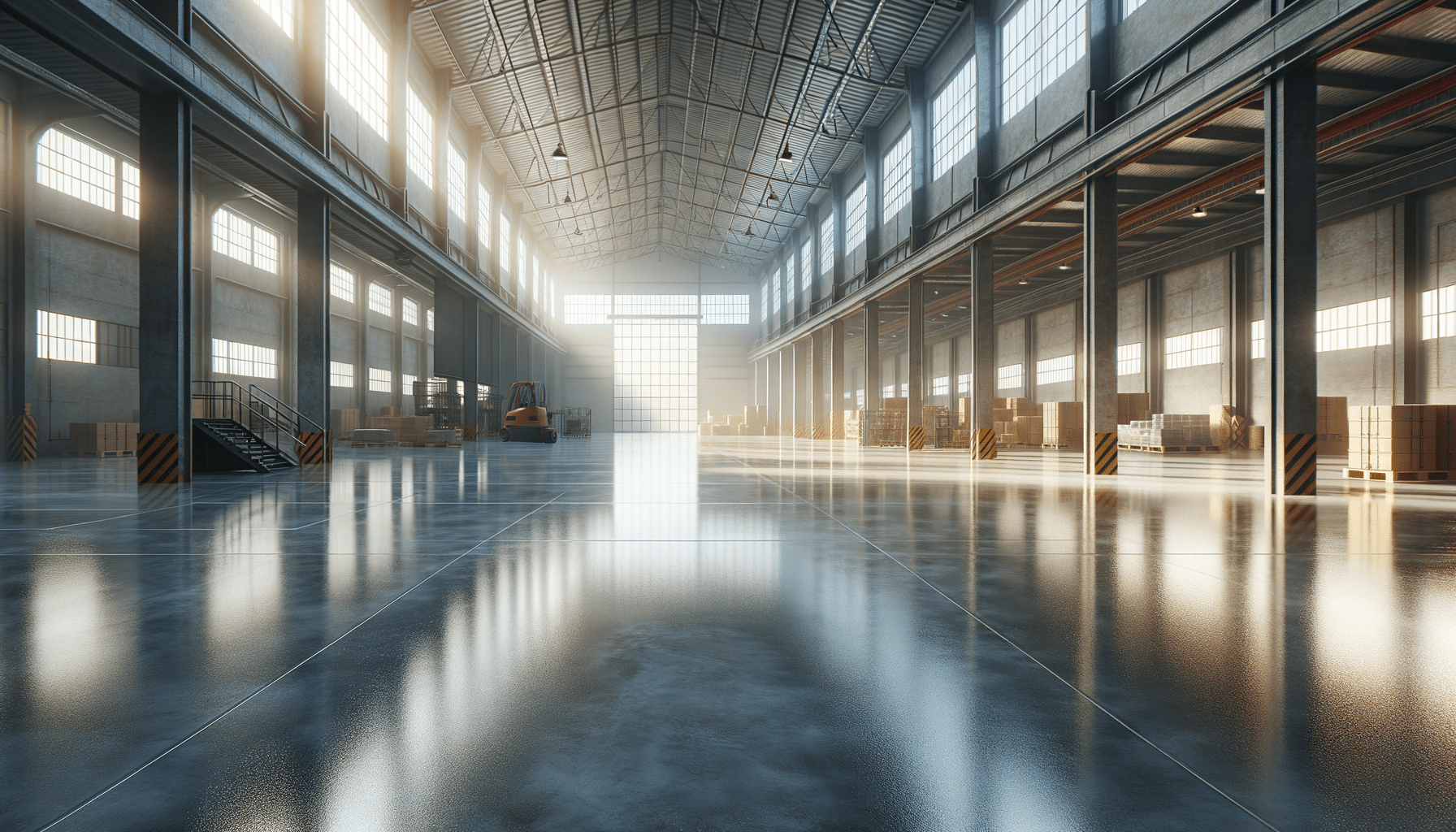
Exploring the World of Modular Homes: A Modern Housing Solution
Introduction to Modular Homes
In an era where sustainable living and efficient construction practices are gaining momentum, modular homes have emerged as a significant player in the housing market. These homes, constructed off-site and then assembled at the final location, offer a versatile and modern approach to homebuilding. Modular homes are not only cost-effective but also environmentally friendly, making them an attractive option for many prospective homeowners.
Modular homes are constructed in sections, or modules, in a factory-controlled environment. This method ensures precision and quality while reducing waste and construction time. Once the modules are completed, they are transported to the building site, where they are assembled into a cohesive structure. This process allows for a high degree of customization and flexibility, catering to the specific needs and preferences of homeowners.
Benefits of Modular Homes
One of the primary advantages of modular homes is their cost efficiency. The factory setting allows for bulk purchasing of materials and streamlined labor processes, which can significantly reduce overall construction costs. Additionally, the controlled environment minimizes weather-related delays, ensuring that projects stay on schedule and within budget.
Modular homes also offer exceptional quality control. Each module undergoes rigorous inspections and testing before leaving the factory, ensuring that any issues are addressed early in the process. This level of scrutiny often results in a higher quality product compared to traditional on-site construction methods.
Another appealing aspect of modular homes is their environmental impact. The construction process generates less waste, and the homes themselves are often designed with energy efficiency in mind. Many modular homes incorporate sustainable materials and technologies, such as solar panels and energy-efficient appliances, further reducing their carbon footprint.
Customization and Design Flexibility
Contrary to the misconception that modular homes lack variety, they actually offer a high degree of customization. Homeowners can choose from a wide range of floor plans, styles, and finishes, allowing them to create a home that suits their personal taste and lifestyle. This flexibility extends to the size and layout of the home, with options ranging from compact single-story designs to expansive multi-level structures.
Modular homes can also be adapted to different terrains and climates, making them suitable for various geographical locations. Whether you envision a cozy cabin in the woods or a sleek, modern residence in the city, modular homes can be tailored to meet your specific needs.
Furthermore, advancements in technology have enabled modular homes to incorporate smart home features, enhancing convenience and security. From automated lighting and climate control to advanced security systems, these homes can be equipped with the latest innovations to enhance the living experience.
Challenges and Considerations
While modular homes offer numerous benefits, there are also challenges to consider. One potential drawback is the initial perception of modular homes as being inferior to traditional homes. However, this stigma is gradually diminishing as more people recognize the quality and advantages of modular construction.
Another consideration is the transportation and assembly of the modules. The logistics of moving large sections of a home to the building site can be complex and may require specialized equipment and coordination. Additionally, the assembly process requires skilled labor to ensure that the modules are properly aligned and secured.
Financing can also be a challenge for some buyers, as not all lenders are familiar with modular homes. It’s important to work with financial institutions that understand the unique aspects of modular construction and can offer suitable mortgage options.
Conclusion: The Future of Modular Homes
As the demand for efficient, sustainable, and affordable housing continues to grow, modular homes are poised to play a significant role in the future of residential construction. Their ability to combine quality, customization, and environmental responsibility makes them an attractive option for a wide range of homeowners.
For those considering a new home, modular construction offers a modern solution that aligns with contemporary values and lifestyles. By embracing this innovative approach, homeowners can enjoy the benefits of a high-quality, personalized living space while contributing to a more sustainable future.


